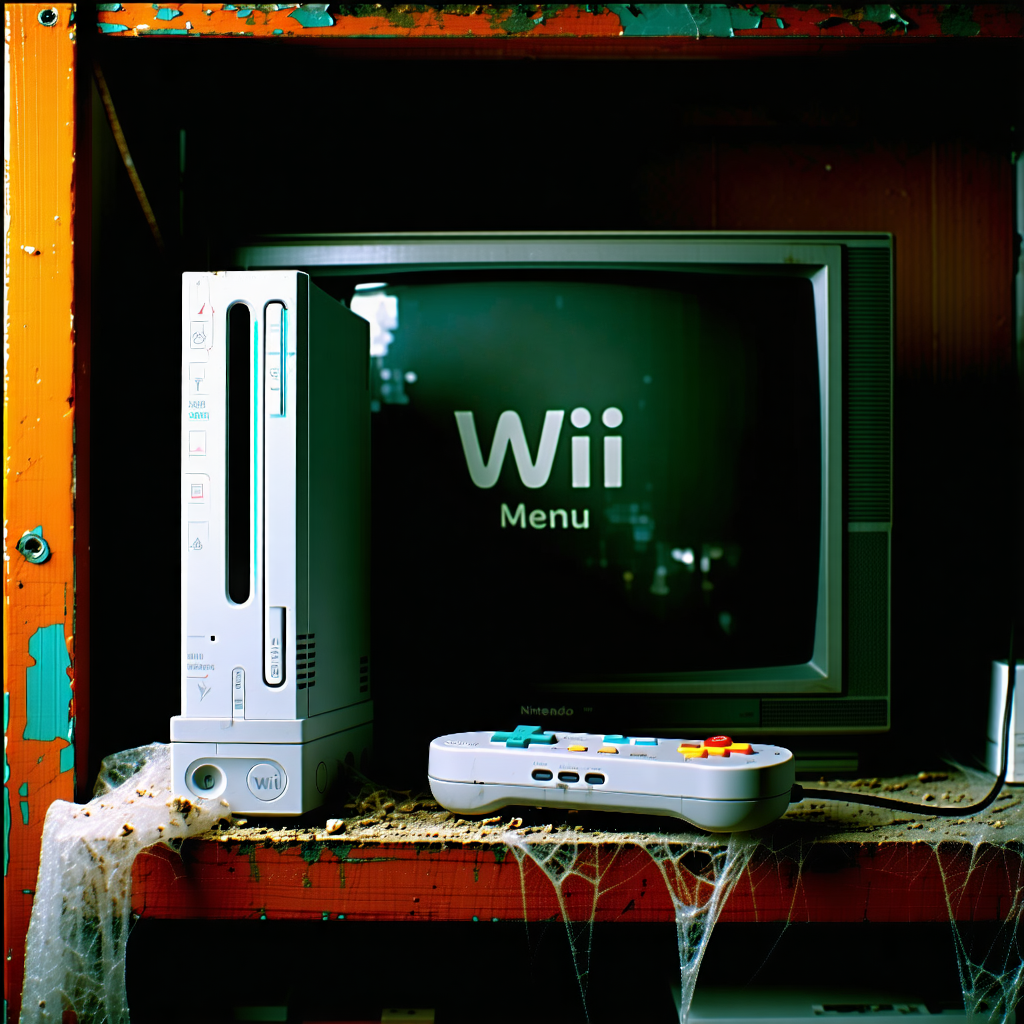
Why the Nintendo Wii Was a Spectacular Failure – The Truth Behind the Fall
Share
The Nintendo Wii was one of the most successful gaming consoles of all time, selling over 100 million units worldwide. But despite its commercial success, the Wii ultimately failed in the long run. How did a console that outsold both the PS3 and Xbox 360 end up being regarded as a failure by gaming enthusiasts? Let’s break it down!
1. The Casual Gaming Curse
When the Wii launched in 2006, it revolutionized the gaming industry with its motion controls and casual-friendly games like Wii Sports and Just Dance. But while it attracted millions of non-gamers, it failed to keep them engaged long-term. Casual gamers moved on, leaving Nintendo without a solid core audience.
2. Weak Third-Party Support
Unlike Sony and Microsoft, who secured strong third-party game developers, the Wii struggled with lacklustre third-party games. Most major studios focused on developing for PS3 and Xbox 360, leaving the Wii with a flood of low-quality, shovel ware titles that tarnished its reputation.
3. Outdated Hardware
Even at launch, the Wii’s hardware was outdated. It couldn’t compete with the HD graphics of its competitors, and developers found it difficult to port games to the underpowered system. This meant the Wii missed out on some of the biggest gaming hits of its era.
4. Online Gaming Disaster
While Xbox Live and PlayStation Network thrived, Nintendo’s online experience was frustrating. The Friend Code system was clunky, voice chat was almost nonexistent, and online multiplayer was an afterthought. Gamers craved seamless online gaming, and the Wii simply couldn’t deliver.
5. The Motion Control Gimmick Wore Off
What made the Wii innovative also became its downfall. Motion controls were fun at first but quickly became frustrating for many players. Games that relied too heavily on motion inputs often felt imprecise, and hardcore gamers preferred the accuracy of traditional controllers.
6. The Rise of the Competition
The Wii U’s failure can be traced back to the Wii’s shortcomings. By the time the Wii U launched, gamers had already moved on to more powerful, feature-rich consoles like the PS4 and Xbox One. Nintendo’s audience had dispersed, and it struggled to recapture its former success.
Final Verdict – A Legacy of Short-Term Success
The Nintendo Wii was a ground breaking console that changed the industry but ultimately fell victim to its own limitations. It may have sold millions, but it failed to build a sustainable gaming ecosystem. The lesson? Innovation alone isn’t enough long-term engagement matters.
🔥 Do you agree? Let us know in the comments! 🔥
